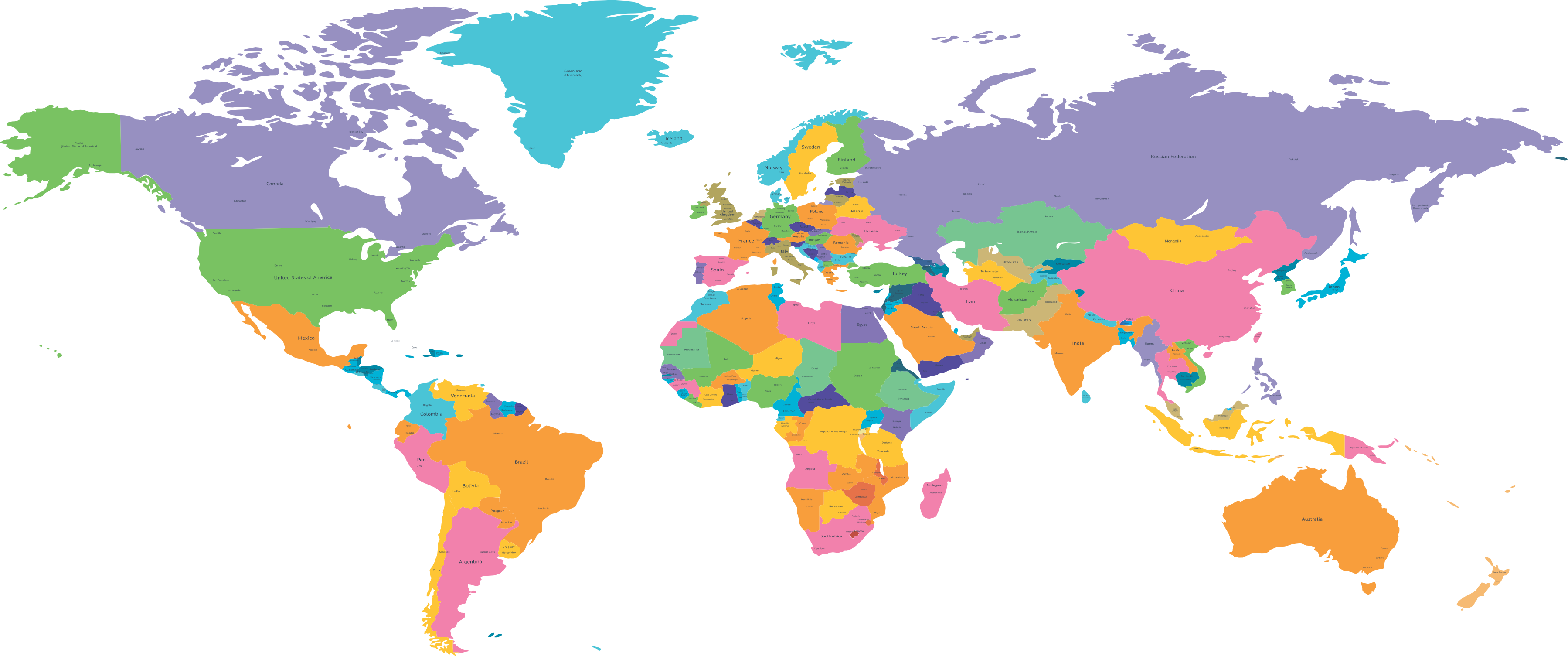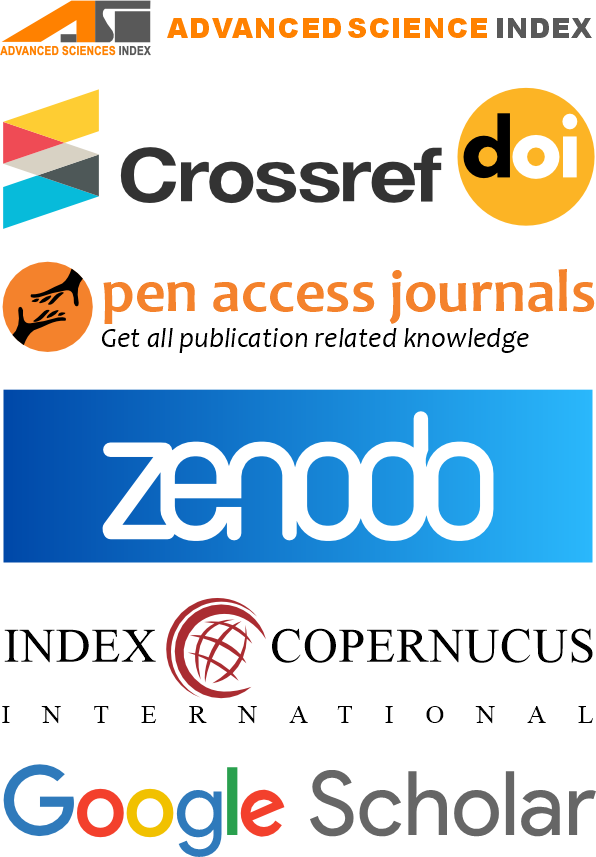Project Success through Project Leadership and Project Management in the NGO Sector of Pakistan
DOI:
https://doi.org/10.62997/rl.2024.31044Keywords:
Project Success, NGO Success, Leadership StylesAbstract
Project management strategies and leadership styles applied to non-governmental organizations impact their overall success rates. Traditional, agile, and hybrid project management methodologies each present unique benefits and obstacles. The selection approach needs to analyze the project type along with its technical needs and the situational factors in which the NGO operates. Leadership styles should be chosen, ranging from autocratic, democratic, and laissez-faire, according to project objectives, team dynamics, and cultural aspects within the organization. The different designs present benefits along with specific drawbacks. A structured decision-making process is derived from autocratic leadership, while democratic leadership enhances both team morale and productivity, and laissez-faire leadership provides improved worker satisfaction. Opportunities for success within non-governmental organization projects remain independent from the implementation of correct project management approaches and leadership styles. Project success emerges when different fundamental elements work harmoniously together to address particular circumstances and challenges. The NGO sector depends on flexibility, adaptability, and a data-driven approach to project management and leadership to achieve the best possible results.
References
Alnasseri, N., Osborne, A., & Steel, G. (2013). Organizational culture, leadership style and effectiveness: A case study of Middle Eastern construction clients Alnasseri N, Osborne A and Steel G (2013) Organizational culture, leadership style and effectiveness: A case study of Middle Eastern construct. September, 393–403.
Alvarenga, J. C., Branco, R. R., Guedes, A. L. A., Soares, C. A. P., & Silva, W. da S. (2020). The project manager's core competencies to project success. International Journal of Managing Projects in Business, 13(2), 277–292. https://doi.org/10.1108/IJMPB-12-2018-0274
Aziz, R. A., Jaapar, M. H., Yusop, W. S., Singh, B., Murukaya, G., Benedict, J. S., Haque, R., & Senathirajah, A. R. B. S. (2022). Leadership in project management: A study of the relationship between leadership styles and project success. Res Militaris, 12(4), 1900–1907.
Bajta, M. El, Idri, A., Ros, J. N., Fernández-Alemán, J. L., De Gea, J. M. C., García, F., & Toval, A. (2018). Software project management approaches for global software development: A systematic mapping study. Tsinghua Science and Technology, 23(6), 690–714. https://doi.org/10.26599/TST.2018.9010029
Becerra, P., Mula, J., & Sanchis, R. (2021). Green supply chain quantitative models for sustainable inventory management: A review. Journal of Cleaner Production, 328, 129544. https://doi.org/10.1016/j.jclepro.2021.129544
Boddupalli, C., Sadhu, A., Rezazadeh Azar, E., & Pattyson, S. (2019). Improved visualization of infrastructure monitoring data using building information modeling. Structure and Infrastructure Engineering, 15(9), 1247–1263. https://doi.org/10.1080/15732479.2019.1602150
Boone, S., Andries, P., & Clarysse, B. (2020). Does team entrepreneurial passion matter for relationship conflict and team performance? On the importance of fit between passion focus and venture development stage. Journal of Business Venturing, 35(5), 105984. https://doi.org/10.1016/j.jbusvent.2019.105984
C. Batti, R. (2014). Challenges Facing Local NGOs in Resource Mobilization. Humanities and Social Sciences, 2(3), 57. https://doi.org/10.11648/j.hss.20140203.12
Dahie, A. M., Osman, A. A., & Omar, A. A. (2017). The Role of Project Management in Achieving Project Success: Empirical Study from Local NGOs in Mogadishu- Somalia. International Journal of Engineering Science and Computing, 7(9), 14844–14850. http://ijesc.org/upload/c6c29e4fcefe3f6022fc4d2e19319743
Errida, A., & Lotfi, B. (2021). The determinants of organizational change management success: Literature review and case study. International Journal of Engineering Business Management, 13, 1–15. https://doi.org/10.1177/18479790211016273
Fey, S., & Kock, A. (2022). Meeting challenges with resilience–How innovation projects deal with adversity. International Journal of Project Management, 40(8), 941-950. https://doi.org/10.1016/j.ijproman.2022.10.006
Fischer, B. D. (2021). Leadership in an Agile Project Management Environment. Journal of Leadership, Accountability and Ethics, 18(4), 18–23. https://doi.org/10.33423/jlae.v18i4.4606
Ghorbani, A. (2023). A Review of Successful Construction Project Managers’ Competencies and Leadership Profile. Journal of Rehabilitation in Civil Engineering, 11(1), 76–95. https://doi.org/10.22075/JRCE.2022.24638.1560
Golini, R., Kalchschmidt, M., & Landoni, P. (2015). Adoption of project management practices: The impact on international development projects of non-governmental organizations. International Journal of Project Management, 33(3), 650–663. https://doi.org/10.1016/j.ijproman.2014.09.006
Golini, R., Landoni, P., & Kalchschmidt, M. (2018). The adoption of the logical framework in international development projects: a survey of non-governmental organizations. Impact Assessment and Project Appraisal, 36(2), 145–154. https://doi.org/10.1080/14615517.2017.1354643
Hassan, M. M., Bashir, S., & Abbas, S. M. (2017). The Impact of Project Managers’ Personality on Project Success in NGOs: The Mediating Role of Transformational Leadership. Project Management Journal, 48(2), 74–87. https://doi.org/10.1177/875697281704800206
Holzmann, V., & Mazzini, L. (2020). Applying project management to creative industries: The relationship between leadership style and project success. Journal of Organizational Culture, Communications and Conflict, 24(1), 1-17.
Hough, M. (2005). Switch Leadership in Projects Leadership on Project Success Across. Management, 1997, 53–61.
Hyun, S., Kim, J. M., Han, J., & Anderson, M. (2022). Female executive leadership and corporate social responsibility. Accounting & Finance, 62(3), 3475–3511. https://doi.org/10.1111/acfi.12894
Ika, L. A., & Donnelly, J. (2017). ScienceDirect Success conditions for international development capacity building projects. JPMA, 35(1), 44–63. https://doi.org/10.1016/j.ijproman.2016.10.005
Javed, S. A., & Liu, S. (2017). Evaluation of project management knowledge areas using grey incidence model and AHP. 2017 International Conference on Grey Systems and Intelligent Services (GSIS), August, 120–120. https://doi.org/10.1109/GSIS.2017.8077684
Jung, Y., Jeong, M. G., & Mills, T. (2019). Identifying the Preferred Leadership Style for Managerial Position of Construction Management. April 2014. https://doi.org/10.5923/j.ijcem.20140302.02
Kaba, M. (2021). NGO accountability: A conceptual review across the engaged disciplines. International Studies Review, 23(3), 958–996. https://doi.org/10.1093/isr/viaa094
Kelly, P. R. (2018). An activity theory study of data, knowledge, and power in the design of an international development NGO impact evaluation. Information Systems Journal, 28(3), 465–488. https://doi.org/10.1111/isj.12187
Khan, A. H. (2013). The contractors’ perception of risk management in Pakistan. Proceedings of the Pakistan Academy of Sciences, 50(3), 189–200.
Khan, F. (2022). Quantitative Risk Analysis of Fire Load and Combustible Materials in Office Workplaces in the United States. Global Regional Review, 7(2), 359-366. http://dx.doi.org/10.31703/grr.2022(VII-II).34
Korauš, A., Gombár, M., Kelemen, P., & Backa, S. (2019). Using quantitative methods to identify insecurity due to unusual business operations. Entrepreneurship and Sustainability Issues, 6(3), 1101–1112. https://doi.org/10.9770/jesi.2019.6.3(3)
Lalmi, A., Fernandes, G., & Souad, S. B. (2021). A conceptual hybrid project management model for construction projects. Procedia Computer Science, 181(2019), 921–930. https://doi.org/10.1016/j.procs.2021.01.248
Langholf, V., & Wilkens, U. (2021). Agile Project Management, New Leadership Roles and Dynamic Capabilities – Insight from a Case Study Analysis. Journal of Competences, Strategy & Management | Www.Jcsm-Journal, 11, 1–18. https://doi.org/10.25437/jcsm-vol11-17
Larsson, J., Eriksson, P. E., Olofsson, T., & Simonsson, P. (2015). Leadership in Civil Engineering: Effects of Project Managers’ Leadership Styles on Project Performance. Journal of Management in Engineering, 31(6), 1–11. https://doi.org/10.1061/(asce)me.1943-5479.0000367
Lategan, T., & Fore, S. (2015). THE IMPACT OF LEADERSHIP STYLES ON PROJECT SUCCESS : CASE OF A TELECOMMUNICATIONS COMPANY. 4(3), 48–56.
Lu, K., Jiang, X., Yu, J., Tam, V. W. Y., & Skitmore, M. (2021). Integration of life cycle assessment and life cycle cost using building information modeling: A critical review. Journal of Cleaner Production, 285, 125438. https://doi.org/10.1016/j.jclepro.2020.125438
Ly, P., & Mason, G. (2012). Competition between microfinance NGOs: Evidence from Kiva. World Development, 40(3), 643–655. https://doi.org/10.1016/j.worlddev.2011.09.009
Malik, M., Sarwar, S., & Orr, S. (2021). Agile practices and performance: Examining the role of psychological empowerment. International Journal of Project Management, 39(1), 10–20. https://doi.org/10.1016/j.ijproman.2020.09.002
Menza, S. (2018). Non Governmental Organizations Projects in Nairobi City.
Müller, R., & Lecoeuvre, L. (2014). Operationalizing governance categories of projects. International Journal of Project Management, 32(8), 1346–1357. https://doi.org/10.1016/j.ijproman.2014.04.005
Nanthagopan, Y., Williams, N. L., & Page, S. (2016). ScienceDirect Understanding the nature of Project Management capacity in Sri Lankan non-governmental organisations ( NGOs ): A Resource Based Perspective. JPMA, 34(8), 1608–1624. https://doi.org/10.1016/j.ijproman.2016.09.003
Nanthagopan, Y., Williams, N., & Thompson, K. (2018). Levels and interconnections of project success in development projects by Non-Governmental Organisations ( NGOs ). https://doi.org/10.1108/IJMPB-04-2018-0085
Ojokuku, R. M., Odetayo, T. A., & Sajuyigbe, A. S. (2013). Impact of Leadership Style on Organizational Performance: A Case Study of Nigerian Banks. American Journal of Business and Management, 2(1), 202. https://doi.org/10.11634/216796061706212
Picciotto, R. (2020). Towards a ‘New Project Management’ movement? An international development perspective. International Journal of Project Management, 38(8), 474–485. https://doi.org/10.1016/j.ijproman.2019.08.002
Raziq, M. M., Ahmad, M., Iqbal, M. Z., Ikramullah, M., & David, M. (2020). Organisational Structure and Project Success: The Mediating Role of Knowledge Sharing. Journal of Information & Knowledge Management, 19(02), 2050007. https://doi.org/10.1142/S0219649220500070
Reiff, J., & Schlegel, D. (2022). Hybrid project management – a systematic literature review. International Journal of Information Systems and Project Management, 10(2), 45–63. https://doi.org/10.12821/ijispm100203
Rodney Turner, J., Müller, R., & Dulewicz, V. (2009). Comparing the leadership styles of functional and project managers. International Journal of Managing Projects in Business, 2(2), 198–216. https://doi.org/10.1108/17538370910949266
Salameh, H. (2014). What , When , Why , and How ? A Comparison between Agile Project Management and Traditional Project Management Methods. 2(5), 52–74.
Stoffers, J., & Mordant-Dols, A. (2015). Transformational leadership and professionals’ willingness to change: A multiple case study in project management organisations. Human Resource Management Research, 5(2), 40-46.
Tam, C., Moura, E. J. da C., Oliveira, T., & Varajão, J. (2020). The factors influencing the success of on-going agile software development projects. International Journal of Project Management, 38(3), 165–176. https://doi.org/10.1016/j.ijproman.2020.02.001
Tereso, A., Ribeiro, P., Fernandes, G., Loureiro, I., & Ferreira, M. (2019). Project Management Practices in Private Organizations. Project Management Journal, 50(1), 6–22. https://doi.org/10.1177/8756972818810966
Theron, D., & Roodt, G. (2001). An evaluation of the 360@ project management competency assessment questionnaire. SA Journal of Industrial Psychology, 27(2). https://doi.org/10.4102/sajip.v27i2.786
Thesing, T., Feldmann, C., & Burchardt, M. (2021). Agile versus waterfall project management: Decision model for selecting the appropriate approach to a project. Procedia Computer Science, 181, 746–756. https://doi.org/10.1016/j.procs.2021.01.227
Trivellas, P., & Drimoussis, C. (2013). Investigating Leadership Styles, Behavioural and Managerial Competency Profiles of Successful Project Managers in Greece. Procedia - Social and Behavioral Sciences, 73, 692–700. https://doi.org/10.1016/j.sbspro.2013.02.107
Vaagaasar, A. L., Müller, R., & De Paoli, D. (2020). Project managers adjust their leadership: to workspace and project type. International Journal of Managing Projects in Business, 13(2), 256–276. https://doi.org/10.1108/IJMPB-05-2018-0098
Willumsen, P., Oehmen, J., Stingl, V., & Geraldi, J. (2019). Value creation through project risk management. International Journal of Project Management, 37(5), 731–749. https://doi.org/10.1016/j.ijproman.2019.01.007
Zaib un, N., Javed, U., & Akhtar, H. (2015). Impact of Project Performance Measurement System on Project Success: A Study Based on NGO Sector of Pakistan. Article in International Journal of Sciences Basic and Applied Research, 22(2), 289–315. https://www.gssrr.org/index.php/JournalOfBasicAndApplied/article/view/3815
Zhao, X., Hwang, B. G., & Lee, H. N. (2016). Identifying critical leadership styles of project managers for green building projects. International Journal of Construction Management, 16(2), 150–160. https://doi.org/10.1080/15623599.2015.1130602




